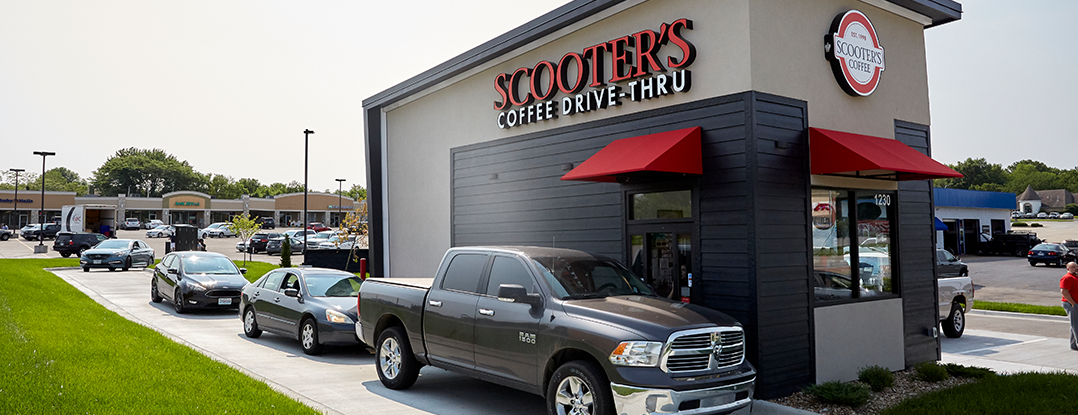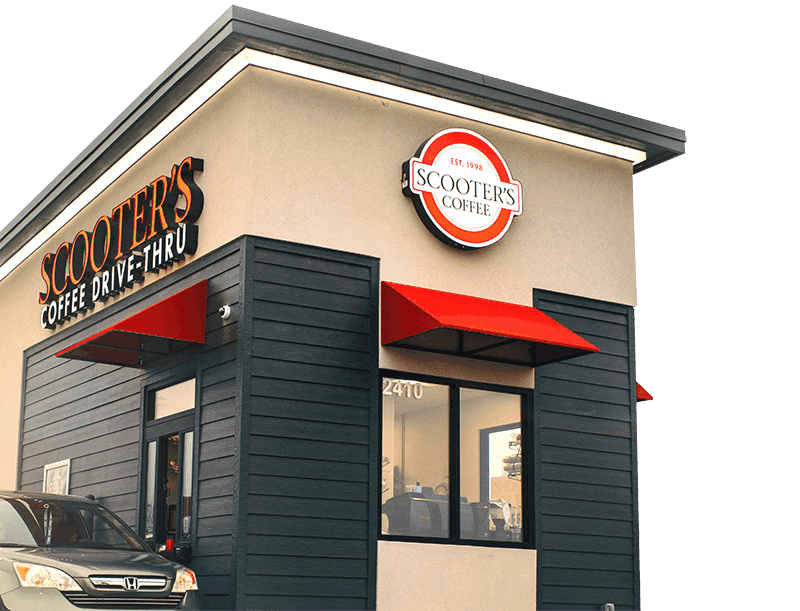

If you’re thinking about opening a business, you may already be an entrepreneur—or about to become one. But what exactly does that mean?
In a 2012 article, The Real Definition Of Entrepreneur — And Why It Matters, Forbes defines entrepreneurs as “those who identify a need — any need — and fill it. It’s a primordial urge, independent of product, service, industry or market.”
But scoping out a void to fill is one thing. Deciding the best way to fill it is another. Among the available options are doing it as a franchise vs. independent business. Yes, a franchised brand may already have identified and filled the same need you may have in mind, but perhaps not yet in your area.
Thinking of starting a business, but don’t know if you should start something from scratch or be a franchisee? Here are key factors to help you make a decision.
Most people who become entrepreneurs have worked for someone else at some point and have felt unfulfilled. The reliable paychecks and benefits are terrific, but for some, corporate careers do not satisfy a fundamental need for more than just a check.
When examining how to make a change to entrepreneurship, consider your options. Examine what type of business you want to start. Ask yourself how it will enable you to achieve short- and long-term goals.
Research, research, and do more research on the market, both locally and nationally.
Go deep in understanding local businesses so you can properly map out their common qualities that drive success, as well as note challenges they may have had. Next, identify opportunities these businesses have not explored and how you can attract customers from the local area. What need can you fill within the community, and how can doing so help you toward your personal and financial goals?
Then expand your research nationally and even globally to learn about what business sectors have seen growth and what is trending upward. For instance, a late 2018 MarketWatch.com report stated that steady growth has continued in the quick-service restaurant (QSR) industry in the past five years and is projected to keep rising through 2022. Within the QSR world, the U.S. coffee shop market grew to $45.4 billion in 2018.
While sweat equity and inspiration can take an entrepreneur far, the road to failure is often paved with good intentions. As with any endeavor, starting an independent business, regardless of how much homework the owner has done, involves a lot of learning the hard way through trial and error. This is especially true for a new entrepreneur who has never built a business from scratch.
Even if the business concept exists within a growth segment of the industry, knowing how to ride that wave and capitalize on trends is a skill usually learned from experience.
Franchising offers the aspiring entrepreneur a considerable boost, head start, and guide. A franchise brand has been through tons of trial and error and has honed its systems for success—while constantly re-examining what they do, to prepare for the future. A franchise partnership enables the franchisee to benefit from vast support, training, and brand recognition.
Interestingly, the NPD Group, a market research company based in the U.S., found that the number of indie restaurants has decreased, while franchised QSR units have proliferated.
Pros and cons exist for both independent business models and franchise concepts. Indie biz is terrific in that it affords the owner more autonomy, but on the flip side, autonomy means no support. The independent operator is on his or her own.
This can be especially problematic if the operator has little or no experience in restaurant operation.
With a franchise operation, though the brand isn’t derived from the individual entrepreneur’s own creativity. Franchising allows the owner to hit the ground running with a proven concept — while also filling a need in the community. A franchise empowers the operator to capitalize on growth trends efficiently, helping the entrepreneur meet their goals more quickly.
For example, Franchise Business Review named QSR brand Scooter’s Coffee® a 2019 Top Multi-Unit Franchise. The list featured brands whose franchise partners had positive feedback on their investment and their relationship to the franchisor. In other words, the franchisor-franchisee partnership is integral to growth. And Entrepreneur magazine named Scooter’s Coffee to its list of fastest-growing franchises. Think franchising is right for you and your goals as a businessperson? Learn more about how you can start your own coffee franchise with an established brand today.